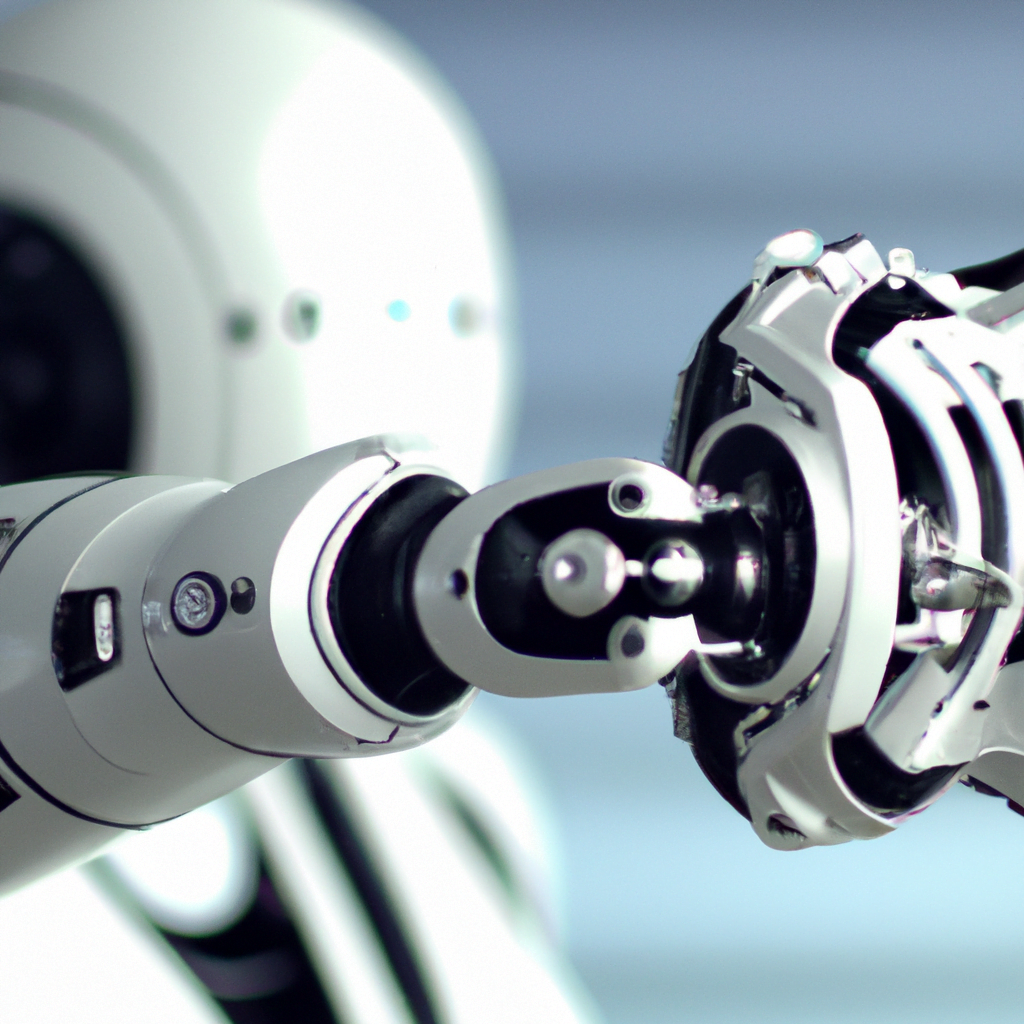A real threat to human musicians
The way we make music is undergoing a major transformation. Remote collaboration has become more common since the pandemic hit, with artists and producers teaming up from different parts of the world to make albums. TikTok has also made collaborations more commonplace, with musicians adding beats to birdsong and even dueting with singing tutors. Now, AI is entering the scene, offering musicians a new kind of collaborator in the form of bots. But while this may be exciting for some, many musicians and producers are concerned that AI could render them obsolete.

However, the use of AI in music creation is not a new concept. It dates back to the work of scientist Alan Turing in 1951 and the Bach-inspired “Illiac Suite” in 1958, which was the first score composed by an electronic computer. Musicians such as Brian Eno have been experimenting with generative music for decades. The conversation around AI in music has recently gained momentum, leading to debates about whether it poses a threat to music creators or can be used to their advantage.
As a musician and songwriter, the idea of AI creating music initially made me skeptical and even fearful of its potential to change the entire music landscape. Some musicians view AI music as cheating, but this raises ethical questions about who should be allowed to make art and how. Technology advancements are making music more accessible to people with disabilities who may not have been able to create music before. AI music apps may democratize songwriting and make it more inclusive.

Although some TikTok users claim to have created entire AI songs in just a few hours, this is likely an exaggeration. While AI is already being used to create stock music for video content, it still requires human input to build and program the machines. Therefore, AI should be seen as a collaborative tool rather than a replacement for human creativity. Despite this, some people remain skeptical of AI in music due to the strange non-human pop stars we’ve seen in recent years, which could lead to fears of a dystopian future dominated by droids.





